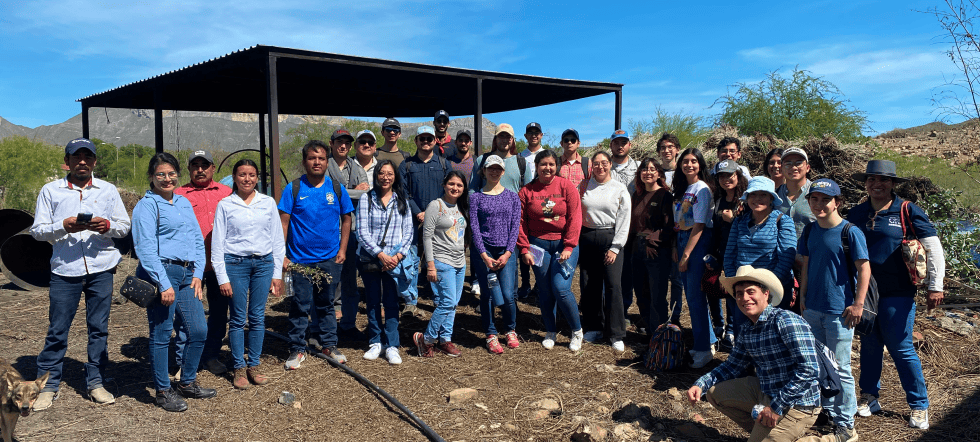Technological Associates
ACADEMIC INSTITUTIONS AND APPLIED RESEARCH
Technological collaborations

Universidad Autónoma de San Luis Potosí
UASLP is one of Mexico’s leading higher education institutions, with a strong focus on research. Through its Center for Research and Graduate Studies at the Faculty of Chemical Sciences (CIEP-FCQ), projects have been carried out exploring the use of Candelilla wax in products such as margarines, vegetable creams, and coatings, using vegetable oils with a high oleic acid content.

Universidad Autónoma de Nuevo León
The UANL is another prominent educational institution in Mexico. This university’s Faculty of Biological Sciences has developed projects related to the botanical analysis, taxonomy, and cultivation strategies of the Candelilla plant, contributing to the Candelilla Institute’s efforts to promote the sustainable development of this species.

Universidad Autónoma de Coahuila
Based in Saltillo, Torreón, and the Northern Zone, the UAdeC focuses on basic and applied research on biological resources from Mexico’s arid regions. Through its Food Research Department, a group specializing in Candelilla wax has been formed, working on improving wax extraction processes and utilizing the waste generated. It also offers training and services for the analysis and formulation of Candelilla-based products.

Instituto Tecnológico de Ciudad Madero
The ITCM is dedicated to scientific and technological education, specializing in areas such as Chemical Engineering and Materials Science. Through its Postgraduate Program in Chemical Engineering (MCIQ), projects for the sustainable use of Candelilla bagasse have been promoted.

Tecnológico de Monterrey
Tecnológico de Monterrey is known for its academic excellence and fostering innovation. At the Monterrey Campus, the Chemical Engineering Department has worked on applied research projects, particularly on alternatives to the Candelilla extraction process and the feasibility of using Lechuguilla wax.

Universidad Juárez del Estado de Durango
The UJED, located in the northern Chihuahuan Desert, is actively involved in studies related to the biological diversity of semi-arid areas. Through its School of Biological Sciences, it conducts research on the use and exploitation of medicinal plants in the region, with a special emphasis on Candelilla, and publishes publications on non-timber species from the area.


